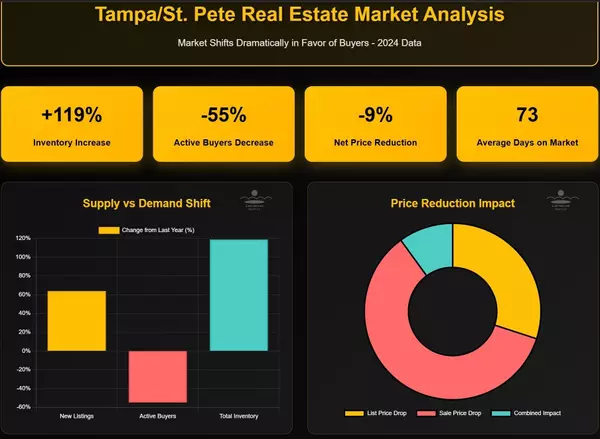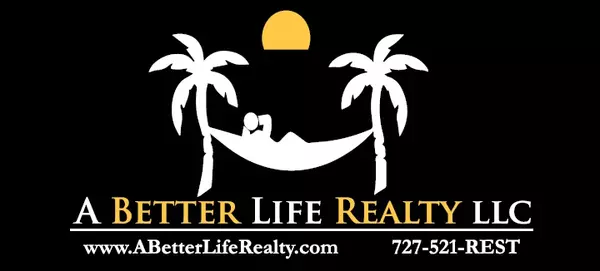
7 Essentials For Condo Buyers:
Location: Consider the location of the condo and how it aligns with your lifestyle and needs. Look at factors such as proximity to public transportation, schools, shopping, and entertainment. Amenities: Research the amenities offered by the building and community. These may include a fitness center,

Types Of Real Estate Loans:
A real estate loan, also known as a mortgage, is a type of loan used to finance the purchase of a property. It is one of the most common and traditional forms of borrowing and is a significant financial decision that should not be taken lightly. In this article, we will explore how a real estate loa

Cash vs. Financing:
Cash versus financing is a common debate when it comes to purchasing real estate. While both options have their advantages and disadvantages, the decision ultimately comes down to personal preference and financial situation. In this article, we will explore the pros and cons of paying cash for a pro
Categories
Recent Posts










